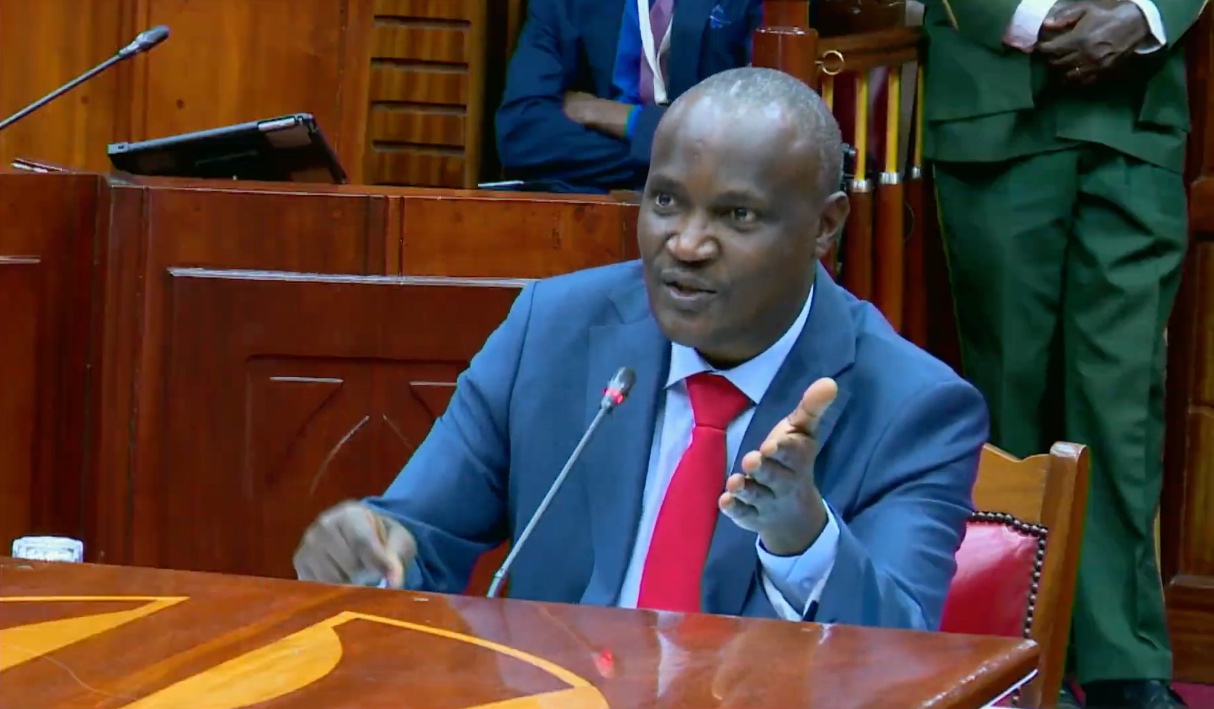
Inside Mbadi’s first Ksh 4.2T budget
National Treasury Cabinet Secretary John Mbadi is expected to table Ksh 4.24 trillion budget before the National Assembly later today amid calls for tax cuts to address the high cost of living.
Mbadi is the second cabinet secretary to head the treasury docket and is expected to outline tax measures for the fiscal year 2025/26 which begins on July 1, 2025.
In the coming budget, recurrent expenses are expected to consume Ksh 1.79 trillion with the development expenditure set at Ksh 707.8 billion to cover infrastructure projects, social programmes and economic growth initiatives.
According to recommendations by the the Budget and Appropriations Committee, Ksh 1.34 trillion has been earmarked for Consolidated Fund Services (CFS) out of Ksh 1.1 trillion will be spent on interest payment on the country’s public debt which stands at Ksh 10.6 trillion.
Treasury is also expected to allocated Ksh 239.6 trillion for pension and salaries of constitutional commissions and independent offices.
Devolved units which have rejected Treasury’s proposed equitable share are expected to receive Ksh 405.1 billion to cover their operational and development expenses for the FY2025/26 period.
Among the three branches of government, the Executive will receive the largest share of Ksh 2.5 trillion equivalent to 59pc of the total expenditure for the next fiscal year. Out of this amount, Equalization Fund to counties will amount to Ksh 10.2 billion while the Office of the Auditor General will receive Ksh 8.68 billion.
Estimates tabled in National Assembly will see Parliament receive Ksh 42.5 billion while the Judiciary has been allocated Ksh 26.7 billion.
Education sector will receive the largest share of National Government expenditure with Ksh 701.1 billion equivalent to 28.1pc. The funds are expected to suppurt school capitation for primary, junior secondary schools, senior secondary schools, Technical and Vocational Education and Training (TVET), university institutions, remuneration of teachers, instructors and lecturers, and development of schools and learning infrastructure.
On the other hand, energy, infrastructure and ICT sectors are expected to receive the second largest allocation at Ksh 500.7 billion out of which Ksh 195 billion has been earmarked for maintaining, rehabilitating and constructing new roads. Ksh 119 billon is expected to fund urban deelopment out of which Ksh 95 billion will go towards afordable housing fund.
In the coming financial year, Treasury expects ordinary revenues and Appropriations-in-Aid to amount to Ksh 3.3 trillion.
